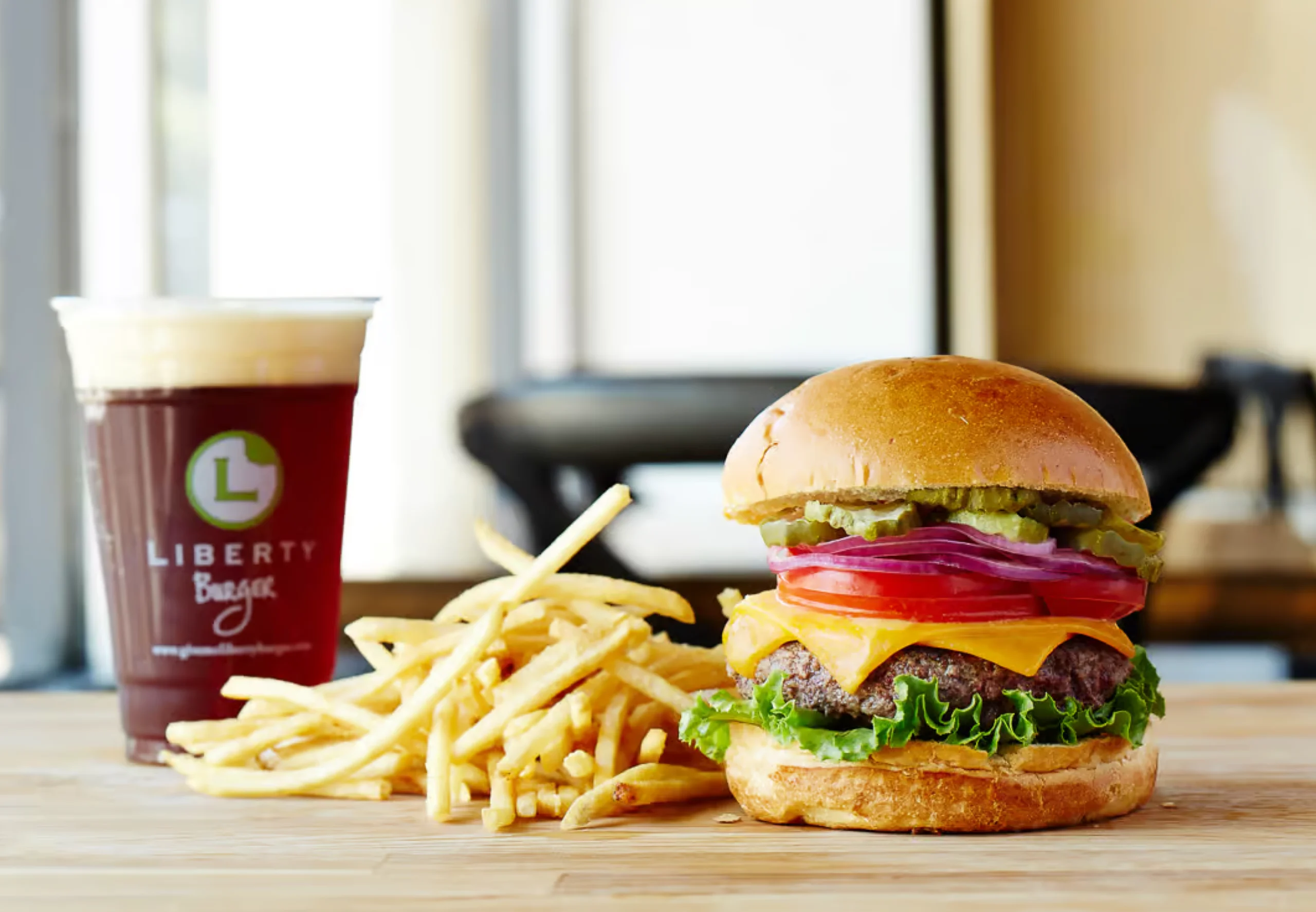It used to be that humor and advertising were like oil and water. They just didn’t mix.
The early advertising pioneers avoided humor like it was the plague. The sage marketing guru John Caples had laid down the ground rules “Avoid humor. What is funny to one person is not funny to millions of others.” Ad man Claude Hopkins downed his second martini and drove the final nail into the coffin, “Nobody buys from clowns.” But hoop skirts gave way to micro minis and the go-go 60s did the unthinkable. That decade of discotheques produced some of advertising’s funniest ads.
There were classic Alka-Seltzer commercials that poked fun at the heartaches of heartburn. There were self-effacing VW commercials that made the beetle’s homely looks seem both adorable and sensible. There were animated Jax Beer commercials that featured the comedy stylings of Mike Nichols and Elaine May. The next three decades served up more of the same. There were fast-talking Federal Express commercials, Wendy’s where’s the beef commercials, bold-face lying Joe Isuzu commercials and Little Caesars ads that made folks laughed until they cried. The last several years has continued this advertising trend of mixing guffaws with market research. There are the always-hilarious Bud Light commercials, the witty Got Milk? spots, E-Trade with all those talking babies and the Old Spice ads that get increasingly more and more outrageous. Which all begs the question, do people indeed buy from clowns?
The answer is a responding: sometimes. According to a study from the Journal of Marketing, the conclusion was that “humor is more likely to enhance recall, evaluation, and purchase intention when the humorous message coincides with ad objectives, is well-integrated with those objectives, and is viewed as appropriate for the product category. Under such circumstances, humorous advertising is more likely to secure audience attention, increase memorability, overcome sales resistance, and enhance message persuasiveness.”
But it doesn’t always work that way. We have all recounted for our friends a particular ad that was so falling down funny that we can’t seem to remember what brand was being advertised. The ad sold itself so hard that it failed to sell its product. So, the fact is, humor in advertising does need ground rules. Here are a few tips of how and how not to use humor in commercials.
1. Make the gag relevant
The humor should always reinforce the brand promise. Federal Express’s long-running “If absolutely, positively has to be there overnight” campaign drew most of its humor out of the anxiety of a package getting someplace too late. This connecting of the gag with the brand promise made the joke funnier and more persuasive.
2. Make the product the hero
Make sure the humor exalts the brand not the copywriter.
3. It’s not about a button
Marketing people misunderstand humor when they see it as the “button” at the end of the commercial. If the humor is relevant to the product promise why save it until the end? Make the situation funny. Not simply the ending. These days, a truly funny ad today gets passed around on the social media channels and in e-mails. A funny ad can go a long way.
4. Aim for running gags
People like to be in on the joke. A campaign that looks for different amusing ways to demonstrate the same thing creates a following. Random humor can get a laugh, but it rarely builds a brand. Running gags and repeatable catch phrases can become part of the cultural vernacular. You mention New York City and the folks around the coffee machine still shout back “New York City!!??” like it was the funniest thing in the world
5. Humor is a tool, not a style
A successful advertising agency shouldn’t have a “style.” Humor can be an effective way to get brand recall, awareness and improve market results, but it should never be the only tool in the toolbox. Laughter is not the only thing that makes the cash register ring.
Artie Megibben is the Executive Creative Director at Agency Creative, a full-service strategic advertising agency committed to connecting brands to customers through idea-driven solutions.
We are a Dallas Advertising Agency specializing in integrated marketing.






